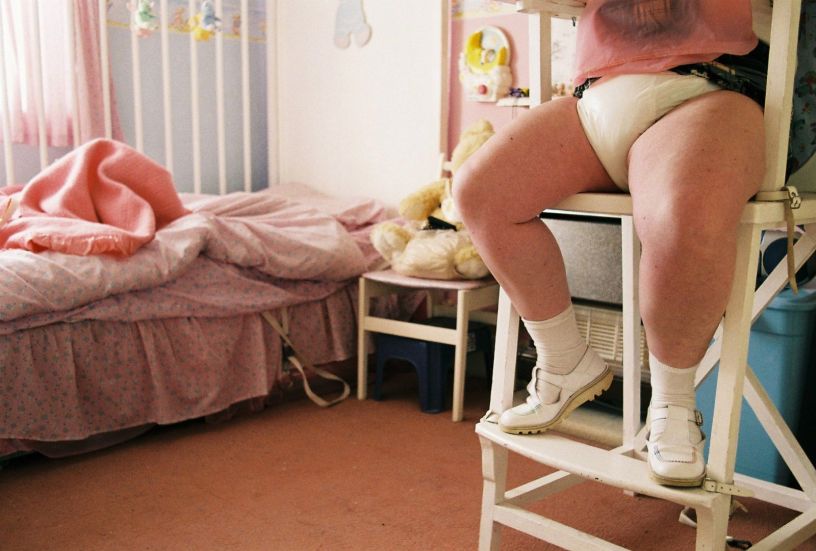"My favourite form of punctuation is the question mark,” explains documentary filmmaker Maya Newell of her inbuilt bent towards storytelling.
“The thing that I really love most about filmmaking is gaining access to worlds that we would never be able to come into contact with otherwise… most of us live in these little cubes of our life, and documentary allows me to step into other people’s.”
Her first two films to register on the radar – Richard: The Most Interestingest Man I’ve Ever Met and Two – have certainly taken both filmmaker and audiences out of their little cubes.
They’ve also managed to pick up Newell a few awards and a bit of a profile: Two won this year’s F4 Outstanding New Documentary Talent at the BigPond Adelaide Film Festival and in 2007 Richard featured in The Marché du Film at Cannes.
But her current project took her off the beaten track – literally and figuratively.
From a Darwin editing suite, Newell talks to IF about the possibility of altruistic filmmaking and how this project pushes her principles of documentary to the extreme – not that we’ll get a chance to see it.
“I suppose this is a really interesting project because usually in filmmaking – even if you’re making a social documentary – there is always something to be gained by the filmmaker in some way,” she says.
“But this is a scenario where I am using the skills of a filmmaker to record things that are entirely for the use of the Islander people – recording stories.”
Invited by the Akeyulerre centre, Newell has been working with women from the Arrernte language group in and around Alice Springs since late last year.
The project was developed as an effort to record their fast disappearing culture.
“A lot of those songs have been lost, so we’re creating a space where people can share things and record them – and on the spot we are giving their children and their children’s children access to those songs,” she explains.
“Privacy is an incredibly big issue: there’s song lines that can’t be heard by people who are not in the family.”
Once editing is complete, Newell will walk away, leaving the project – and all evidence of it – for the sole use of the Arrernte people.
“The footage is literally being put into a bank safe in Alice Springs – not to be touched by anybody else,” including herself, she says.
In this climate, no one would advise an emergent filmmaker to snub the next film festival and head bush, but the move seems natural for Newell who still speaks with an affectionate protection of her friend Julian – Two’s adult baby.
“In documentary, trust – with who you are dealing with – is the most important thing, and you have to genuinely have a love of the people who you are making a film about.
“I feel it's all interconnected and I think it's really important for documentary filmmakers to be really aware of how images are used, and the privacy of images,” says Newell.
The future?
Feature fiction and funding applications might sound a little more familiar, but Newell’s empathetic curiosity seems unlikely to waiver.
Maya Newell's Two


